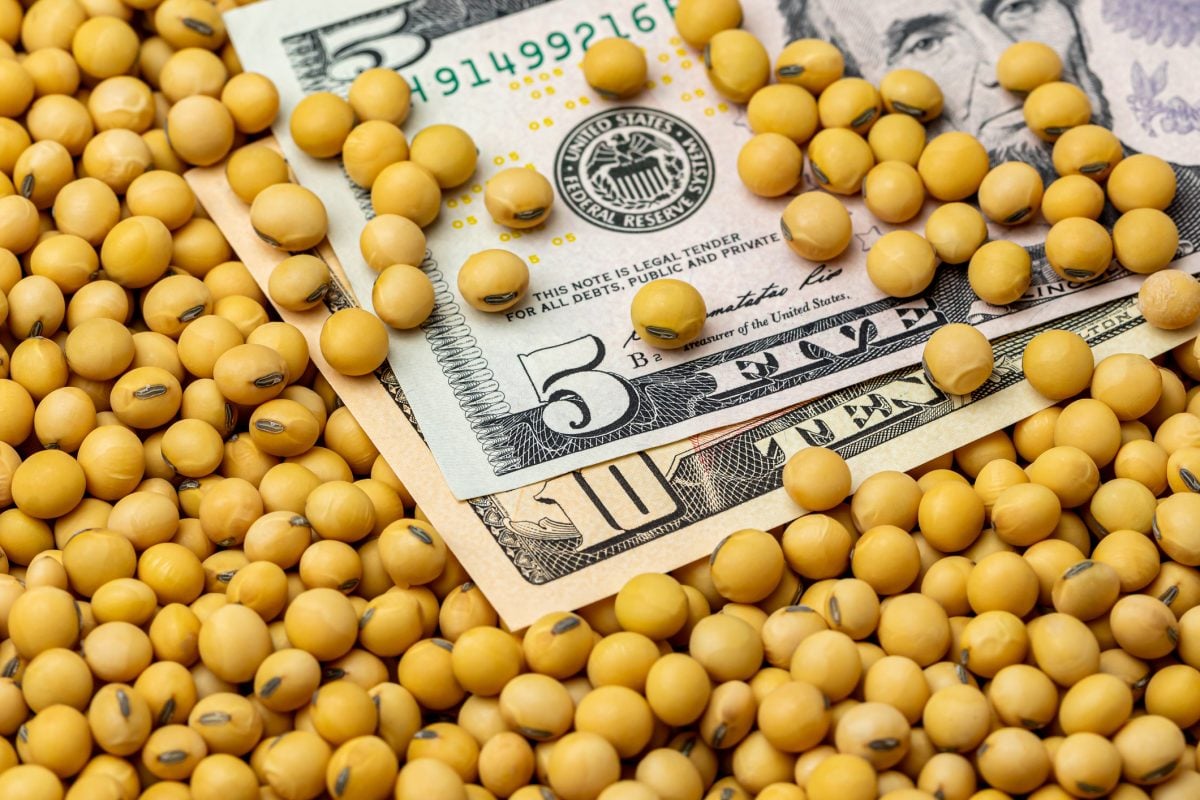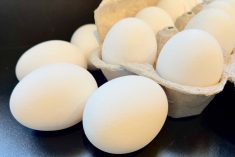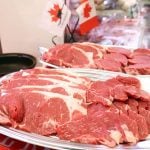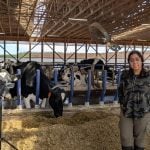Reuters — Canadian farmers will get squeezed between new trade deals that allow more dairy imports to enter the country and slow-growing domestic consumption, Saputo’s CEO said on Thursday.
The Trans-Pacific Partnership trade deal is expected to open access for New Zealand, the U.S. and other countries to 3.5 per cent of the Canadian market, said Lino Saputo Jr. of Quebec-based Saputo, one of Canada’s largest dairies.
That will be on top of roughly equal new access negotiated by the European Union, Saputo said on a conference call.
Read Also

U.S. grains: Soybean futures hover near 15-month high after China buys U.S. cargoes
Chicago Board of Trade soybean futures hovered near a 15-month high on Wednesday after trade sources said China made its first purchases from the autumn U.S. harvest ahead of a summit between leaders Donald Trump and Xi Jinping.
“Somewhere along the line, there’s going to be less milk produced in Canada,” Lino Saputo Jr. said. “So it’s going to be a hit to dairy farmers.”
Canada’s dairy industry operates under a system of supply, price and import controls.
The former Canadian government, which negotiated the deal which seeks to cut tariffs and taxes on commerce in 40 per cent of the world’s economy, has estimated new TPP dairy market access would amount to 3.25 per cent.
The actual market access Canada gives up under TPP depends on butterfat content in imported products, said Isabelle Bouchard, spokeswoman for Dairy Farmers of Canada. DFC estimates market access will actually range between 3.4 and four per cent, she said.
Canada’s previous Conservative government, defeated last month in an election, promised $4.3 billion in compensation for farmers.
The new Liberal government, which won a majority of seats in Parliament, has not yet said if it will support TPP, but Bouchard said DFC has heard from Liberal legislators who support the compensation.
Lino Saputo said his company, which also has operations in TPP countries Australia and the U.S., will find ways to make the deal work for it, even though the government “kept (Saputo) in the dark” during negotiations.
The company said Thursday its second-quarter earnings were down from the same period a year earlier on lower prices for cheese and butter.
The Montreal-based company’s brands include Dairyland milk and Armstrong cheese.
For its fiscal second quarter, net income fell to $148.6 million, or 37 cents a share, from $155.7 million, or 39 cents, a year earlier. Adjusted for one-time items, earnings were 38 cents per share. Revenue during the quarter, which ended Sept. 30, rose three per cent to $2.79 billion.
— Rod Nickel is a Reuters correspondent covering the agriculture and mining sectors from Winnipeg.












